Amnesty International calls for independent probe into Bahraini political prisoner’s death
Amnesty International has demanded an independent probe into the death of a political prisoner who was serving a life sentence in Bahrain and lost life after contracting COVID-19.
“Bahrain's authorities must immediately launch an effective, independent and impartial investigation into the circumstances of Hussein Barakat's death, including to determine whether he received timely and appropriate medical treatment,” Lynn Maalouf, deputy director for the Middle East and North Africa at the London-based organization, said.
“The Bahraini authorities' continued failure to provide prisoners with face masks or hand sanitizer to protect against COVID-19 is unacceptable.”
Barakat's wife told Amnesty International that Bahraini officials were holding 15 prisoners in his cell, which had only 10 beds. Some of the inmates were forced to sleep on the floor.
She said she was only allowed two calls with her husband during his illness, which lasted from late May until his death.
She said Barakat was not transferred out of the notorious Jau prison – which houses political leaders, human rights defenders, and other prisoners of conscience – until after he was too weak to walk.
Prison officials who called to tell her about her husband's illness had said he was in a stable condition, but when she managed to speak to a nurse, she understood he had been placed on a ventilator in an ICU unit.
Bahrain’s interior ministry in a statement said Barakat, 48, died at a hospital on June 10 after being infected with COVID-19. He had been taken from prison to Salmaniya Hospital on May 29, it said.
Barakat was sentenced in 2018, along with 53 other individuals, to life in prison in a mass trial of 138 defendants, according to Britain-based human rights group Bahrain Institute for Rights and Democracy (BIRD).
Bahrain has come under pressure from human rights organizations over prison conditions, including overcrowding, poor sanitation and lack of medical care.
Since the March outbreak of the coronavirus at the Jau prison, families of the Bahraini prisoners have been holding protests demanding the release of their loved ones and better conditions. There was a violent confrontation between guards and prisoners in April after prisoners protested against their conditions.
On April 19, Bahrain’s most prominent cleric Ayatollah Sheikh Isa Qassim said drawing up a new constitution was the only way out of the political crisis in the protest-hit tiny kingdom, urging the regime in Manama to pursue an agreement with the Bahraini opposition instead of increasingly suppressing the dissidents.
Demonstrations in Bahrain have been held on a regular basis ever since a popular uprising began in mid-February 2011.
The participants demand that the Al Khalifah regime relinquish power and allow a just system representing all Bahrainis to be established.
Manama, however, has gone to great lengths to clamp down on any sign of dissent.
On March 5, 2017, Bahrain’s parliament approved the trial of civilians at military tribunals in a measure blasted by human rights campaigners as being tantamount to the imposition of an undeclared martial law countrywide.
King Hamad ratified the constitutional amendment on April 3, 2017.
Iran stresses need for trust, solidarity among world’s nations
Israel admits it inflicted less damage to Iran than initially thought
VIDEO | Venezuela condemns US seizure of oil tanker
VIDEO | Iran, Africa strengthen scientific, health ties
Iran slams powers for granting Israel ‘special right’ for aggression
‘Act of state piracy’: Iran blasts illegal US seizure of Venezuelan oil tanker
Tehran to host regional meeting on developments in Afghanistan
VIDEO | Iran to host crucial mediation as Pakistan-Afghanistan tensions escalate


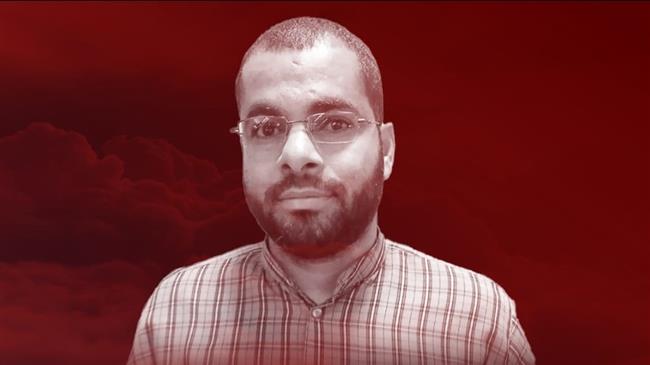




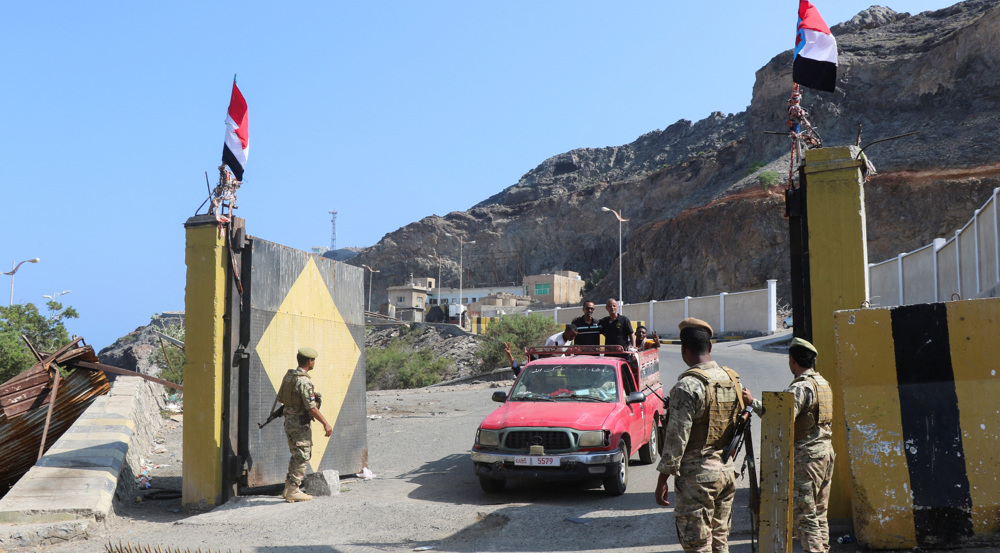
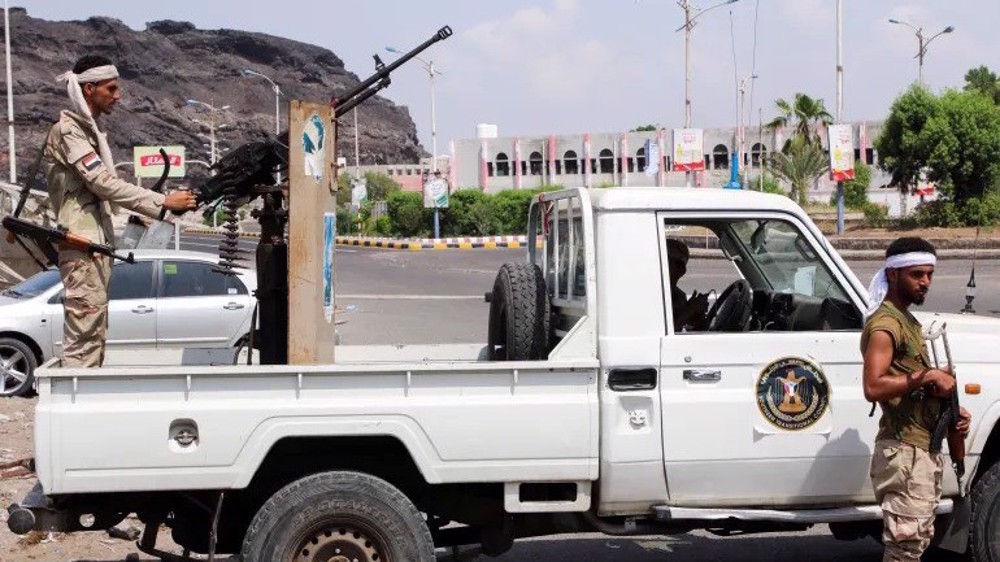
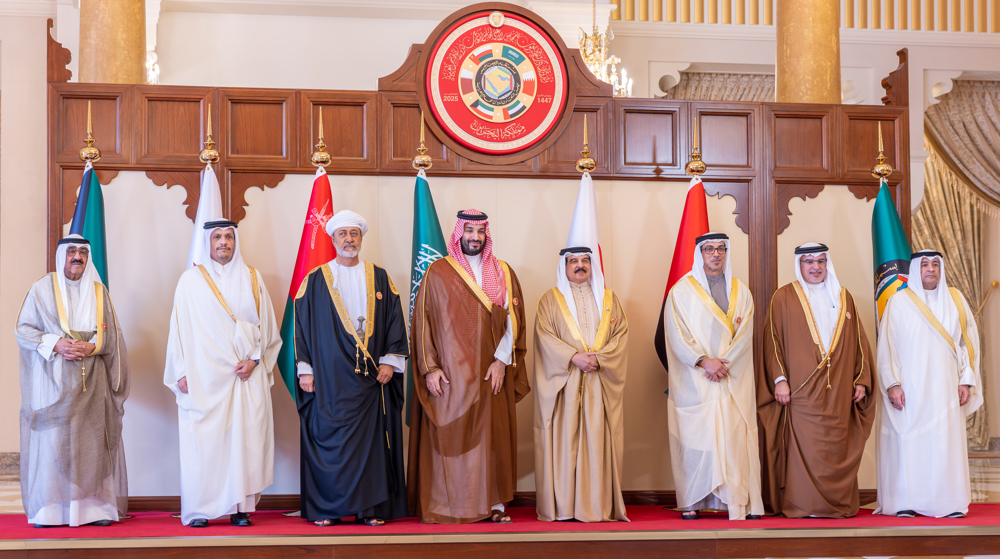



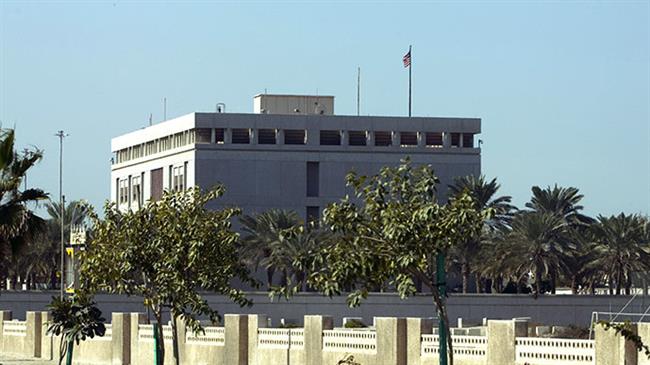
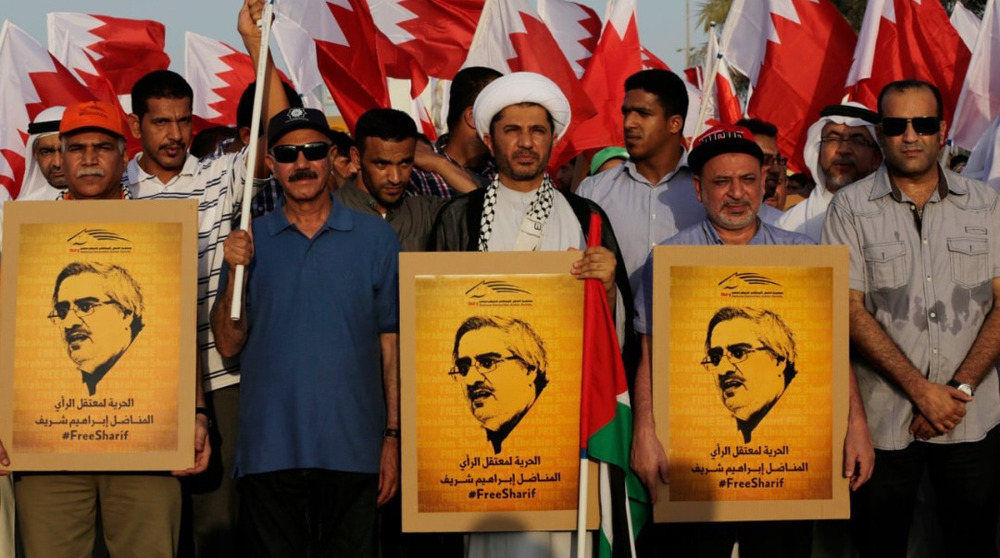
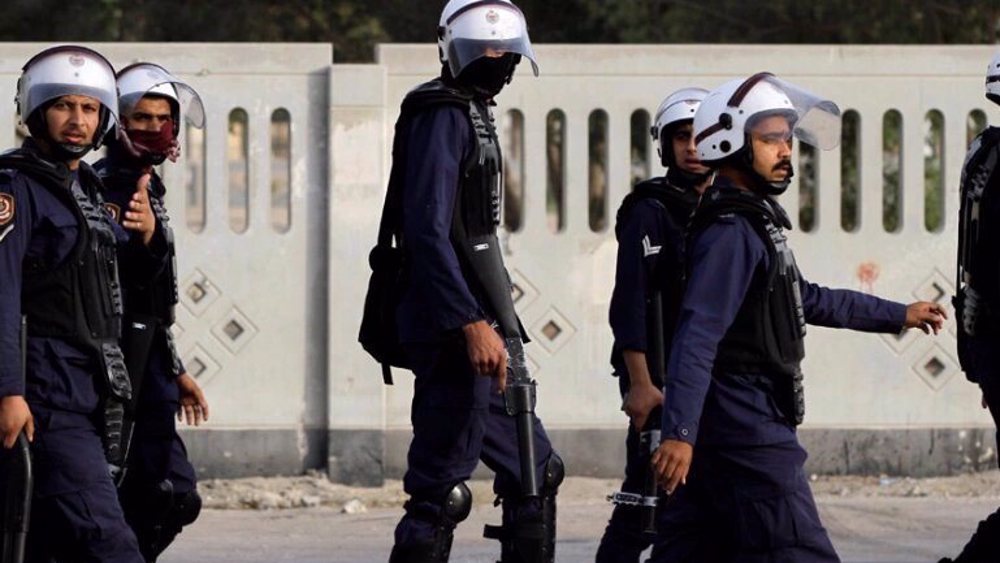
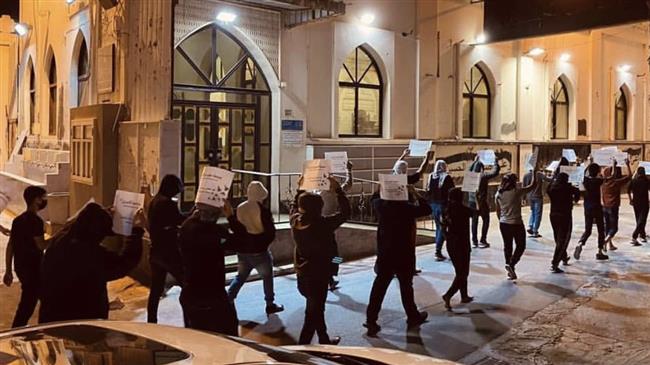
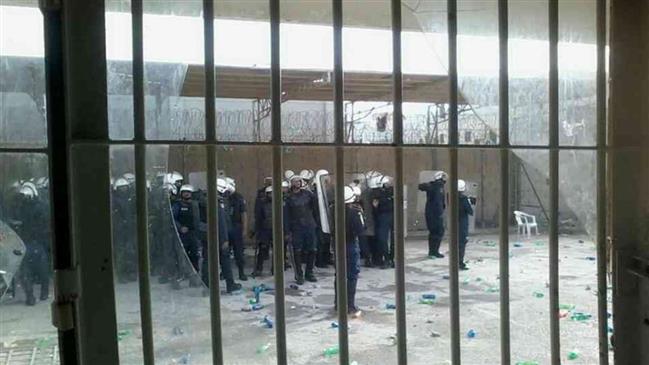
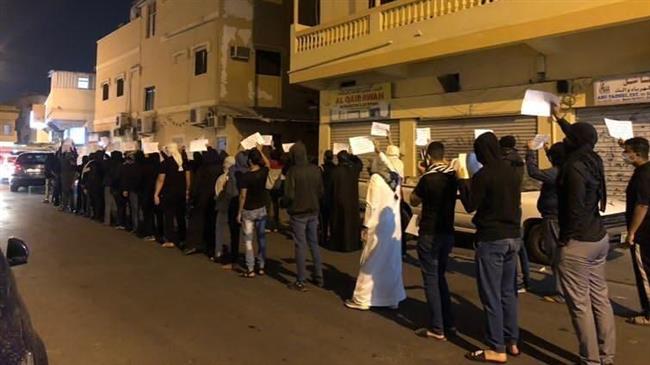
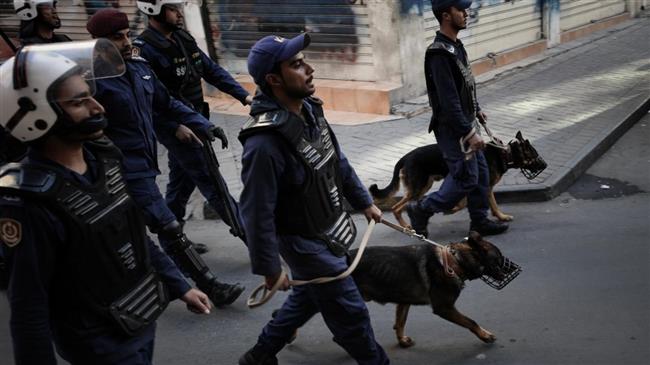
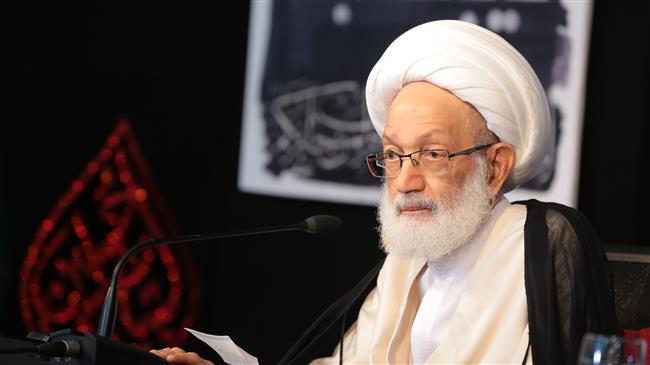
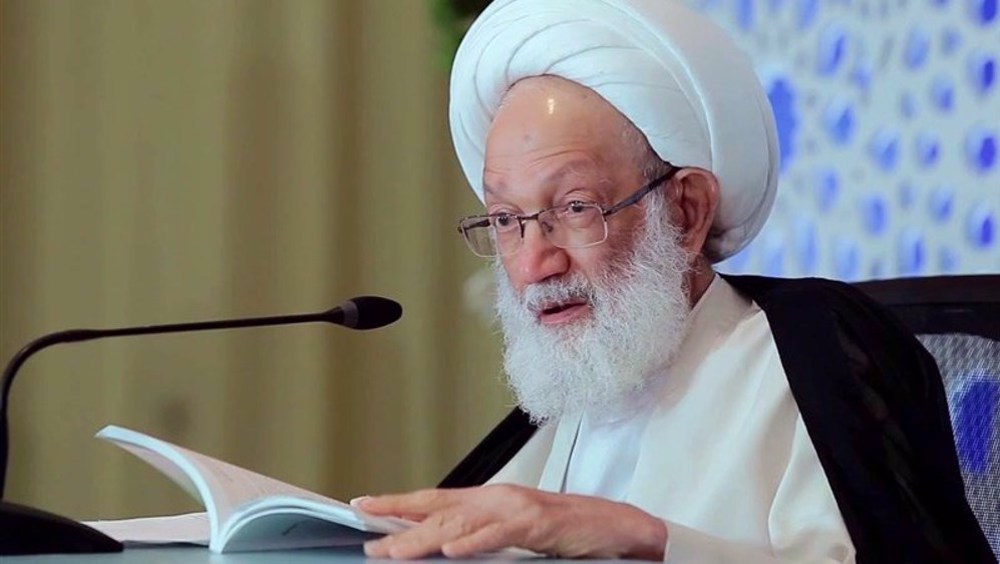

 This makes it easy to access the Press TV website
This makes it easy to access the Press TV website